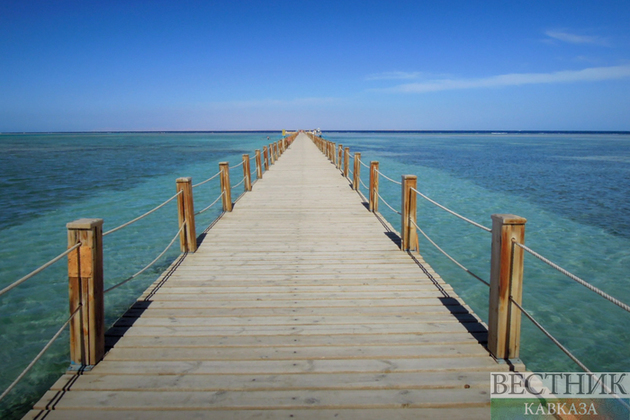Regional and international cooperation is key to protecting the Red Sea ecosystem and advancing scientific research, a senior member of the Jordanian royal family said on Saturday. Arab News reports that speaking at the “First International Conference on the Red Sea Ecosphere: Conservation and Management of the Red Sea Marine Environment,” Prince El-Hassan bin Talal, stressed the importance of developing the Great Rift Valley and addressing disparities in order to empower its people, Jordan News Agency reported.
He said that scientific and effective development based on common interests was the foundation for stability, and that planning and the exchange of knowledge, experience and data were vital in tackling climate change.
The conference was organized by Jordan’s Higher Council for Science and Technology — of which the prince is chairman — in collaboration with the Aqaba Special Economic Zone Authority, the University of Jordan and Yarmouk University. Held in line with the UN’s Decade of Ocean Science for Sustainable Development, its aim is to highlight the role colleges, research institutions and governmental and nongovernmental organizations play in understanding and preserving the Red Sea environment.
HCST Secretary-General Abdullah al-Moussa said the Red Sea was a strategic corridor for the global economy, not just nations along its shores, and emphasized the need to protect its marine ecosystem and the environments of cities along its coast.
Nayef al-Bakheet, chief commissioner of the Aqaba Special Economic Zone Authority, said the event hoped to produce recommendations that would benefit Aqaba’s marine environment. The Aqaba Marine Reserve is seeking to be added to the UNESCO World Heritage List.
Khaled Toukan, head of the HCST’s fellowship advisory team, said that hundreds of ships passed through the Red Sea every day, affecting its environment, and that the purpose of the conference was to present ideas based on real data regarding sea level and temperature, waste, marine life and the preservation of coral reefs.
Costas Papanikolas, an adviser on climate change to the president of Cyprus, said it was vital to develop an action plan to tackle regional challenges, while noting there had been a decline in international and regional funding for climate change research.






